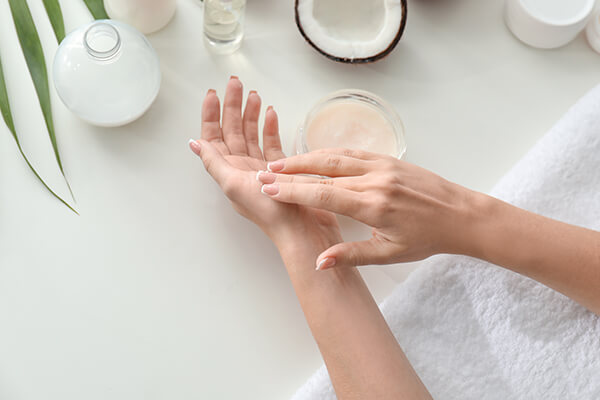 Optimal skin health refers to the state in which the skin functions at its best, maintaining a balance of hydration, protection, and overall well-being. The skin is the body’s largest organ and serves several crucial functions, including acting as a barrier against external factors, regulating temperature, and participating in immune responses. Achieving optimal skin health involves promoting and maintaining the skin’s natural functions to keep it looking and feeling its best.
Optimal skin health refers to the state in which the skin functions at its best, maintaining a balance of hydration, protection, and overall well-being. The skin is the body’s largest organ and serves several crucial functions, including acting as a barrier against external factors, regulating temperature, and participating in immune responses. Achieving optimal skin health involves promoting and maintaining the skin’s natural functions to keep it looking and feeling its best.
Key components of optimal skin health include:
- Hydration: Well-hydrated skin is essential for maintaining its elasticity, suppleness, and overall health. Adequate water intake, moisturizing products, and a humidified environment contribute to skin hydration.
- Barrier Function: The skin’s outermost layer acts as a barrier, protecting the body from environmental factors, microbes, and pollutants. Optimal skin health involves preserving the integrity of this barrier to prevent moisture loss and maintain skin health.
- Protection from UV Radiation: Protection against ultraviolet (UV) radiation is crucial for skin health. UV exposure can lead to premature aging, sunburn, and an increased risk of skin cancer. Sunscreen, protective clothing, and avoiding excessive sun exposure contribute to skin protection.
- Balanced Nutrition: A balanced and nutrient-rich diet supports overall health, including the health of the skin. Essential nutrients such as vitamins, minerals, and antioxidants play a role in skin function and repair.
- Regular Cleansing: Proper cleansing helps remove dirt, oil, and pollutants from the skin’s surface, preventing pore blockages and supporting a clear complexion. However, excessive cleansing or harsh products can disrupt the skin’s natural balance.
- Collagen and Elastin Support: Collagen and elastin are proteins that provide structure and elasticity to the skin. Optimal skin health involves supporting the production and maintenance of these proteins through a healthy lifestyle and skincare practices.
- Healthy Lifestyle Choices: Avoiding tobacco and minimizing alcohol consumption are beneficial for skin health. Smoking and excessive alcohol intake can contribute to premature aging and skin damage.
- Regular Moisturization: Using moisturizers helps maintain skin hydration, especially in dry or harsh climates. Moisturizers can also support the skin’s barrier function.
- Gentle Skincare Practices: Optimal skin health involves using gentle skincare products and avoiding harsh ingredients that may irritate or damage the skin. This includes choosing products suitable for one’s skin type.
- Adequate Sleep: Quality sleep is associated with skin regeneration and overall skin health. Lack of sleep can contribute to signs of aging and affect the skin’s appearance.
It’s important to note that individual skin types vary, and what works for one person may not be suitable for another. Additionally, certain skin conditions may require specific skincare approaches or medical intervention. Adopting a holistic approach to skincare and overall well-being contributes to achieving and maintaining optimal skin health.

